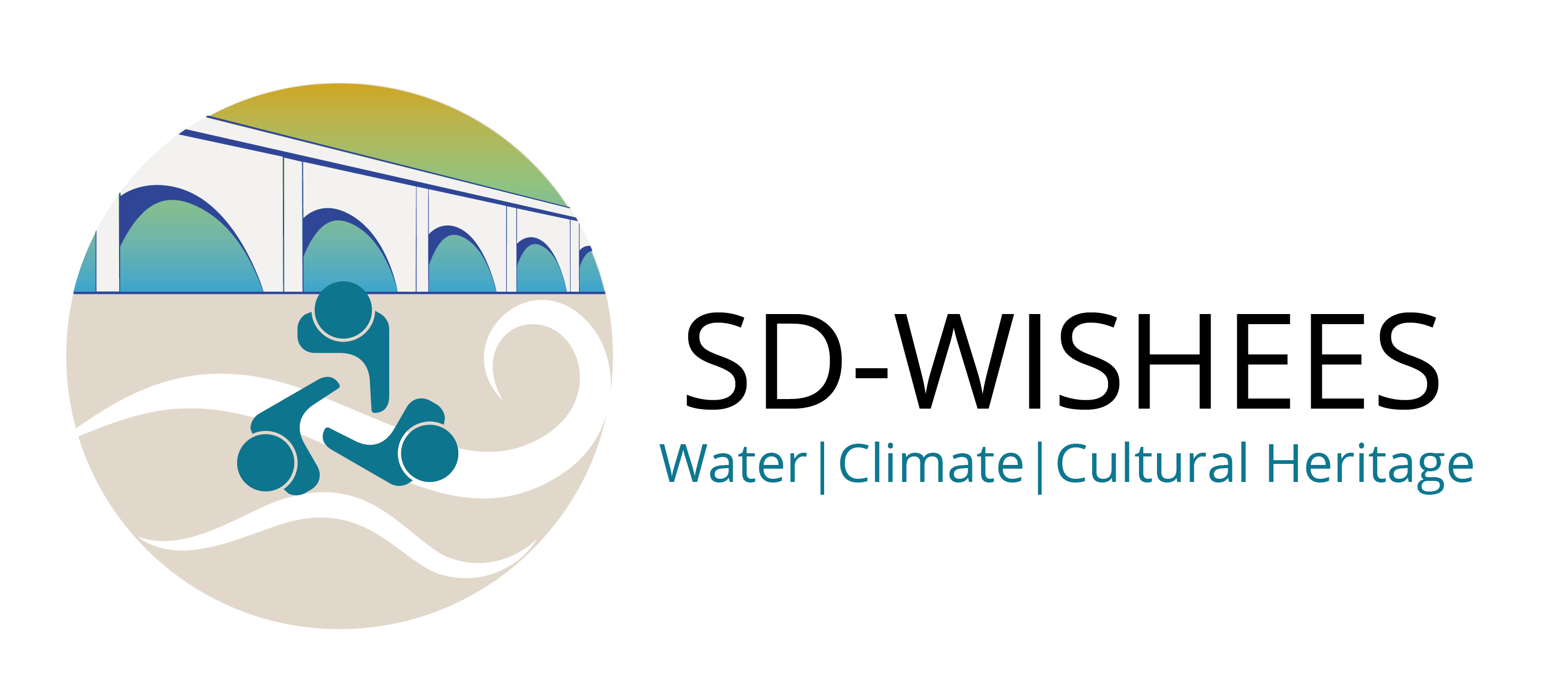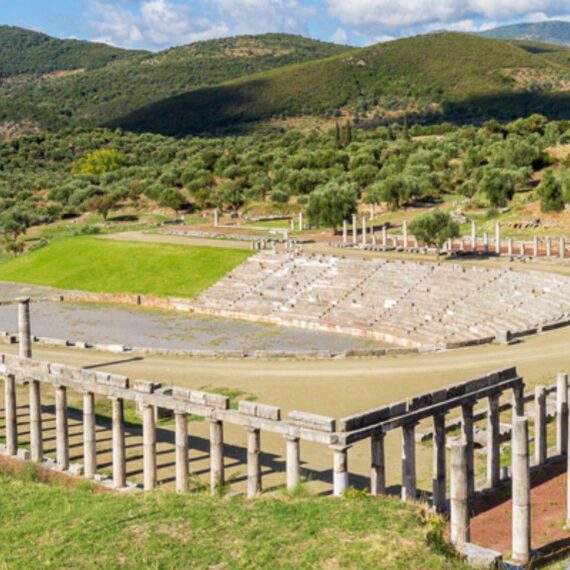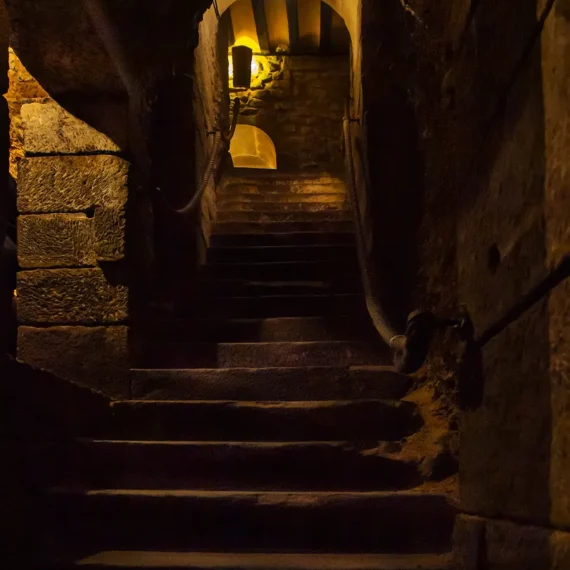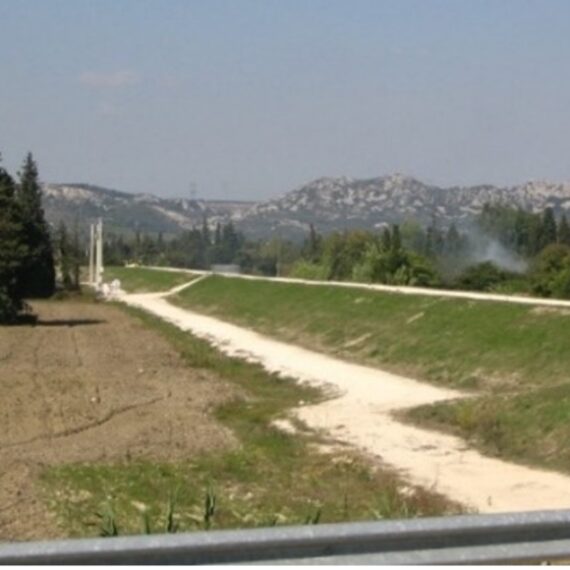What is the Thematic Annual Programming (TAP)?
As a way to initiate or strengthen collaboration, the SD-WISHEES Project launched a TAP Action on the 20th and 21st February 2025. A TAP is a network of projects funded at the national/regional level on research and innovation. Its objective is to enable the networking of research teams, enhance collaboration and foster synergies.

The theme of the SD-WISHEES TAP Action is the “protection of cultural heritage in response to hydroclimatic extreme events”. Specifically, the aim of this theme is to develop knowledge and data for increasing the monitoring and characterization of the impacts of hydroclimatic extreme events to cultural heritage as well as its protection and adaptation and mitigation strategies (See Terms of References attached, ToR). Participating projects engage in joint activities such as workshops, data sharing, capacity building, and knowledge exchange. The activities of the TAP are reflected in a document “The TAP’s Implementation Plan”.
The SD-WISHEES TAP will run for nearly two years, concluding in December 2026, in alignment with the completion of the SD-WISHEES project. The first evaluation of the TAP will take place in January 2026 providing an opportunity to identify potential areas for improvement.
Who is participating?
The SD-WISHEES TAP Action currently brings projects from the following countries (in alphabetical order): France, Greece, Malta, Moldova and Romania. However, additional projects/ countries may join the TAP up to six months after the Kick-off meeting (end of August 2025).
What are the expected impacts?
The expected impacts of the SD-WISHEES TAP Action include:
• Enhancing the overall impact of cross-thematic collaborative research to address more effectively the protection and sustainable management of cultural heritage in Europe and beyond in the face of climate change. The multidisciplinary approaches proposed by different thematic disciplines will allow for a better understanding of the impacts of hydro-climatic extreme events on cultural heritage as well as the identification of best available adaptation
solutions.
• Enabling the exchange of knowledge, data, and research methodologies, giving research teams the possibility to expand their expertise in the domain and identify possible areas for cooperation.
• Harmonizing national funding programs. To this end, participating countries must reach a consensus on the research themes of interest for the TAP. This alignment ensures that resources are effectively mobilized and that collaborative efforts are directed towards shared priorities. By agreeing on common research themes, countries can enhance cooperation, reduce redundancy, and maximize the impact of their investments in the TAP. The research themes of the SD-WISHEES TAP are described in detailed in the ToR document.
• Based upon the exchanges between TAP members, identifying opportunities for long-term collaboration. Such collaboration may translate into the development of proposals in response to calls, mobility schemes, peer-reviewed papers, etc.





Working Plan
Meeting Minutes

©2025 CNR, All Rights Reserved.







